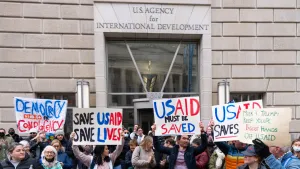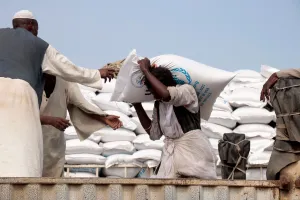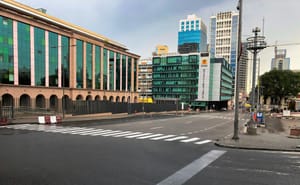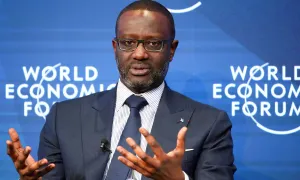Rising Political Tensions and Global Power Shifts Undermine Africa’s Economic Integration Agenda
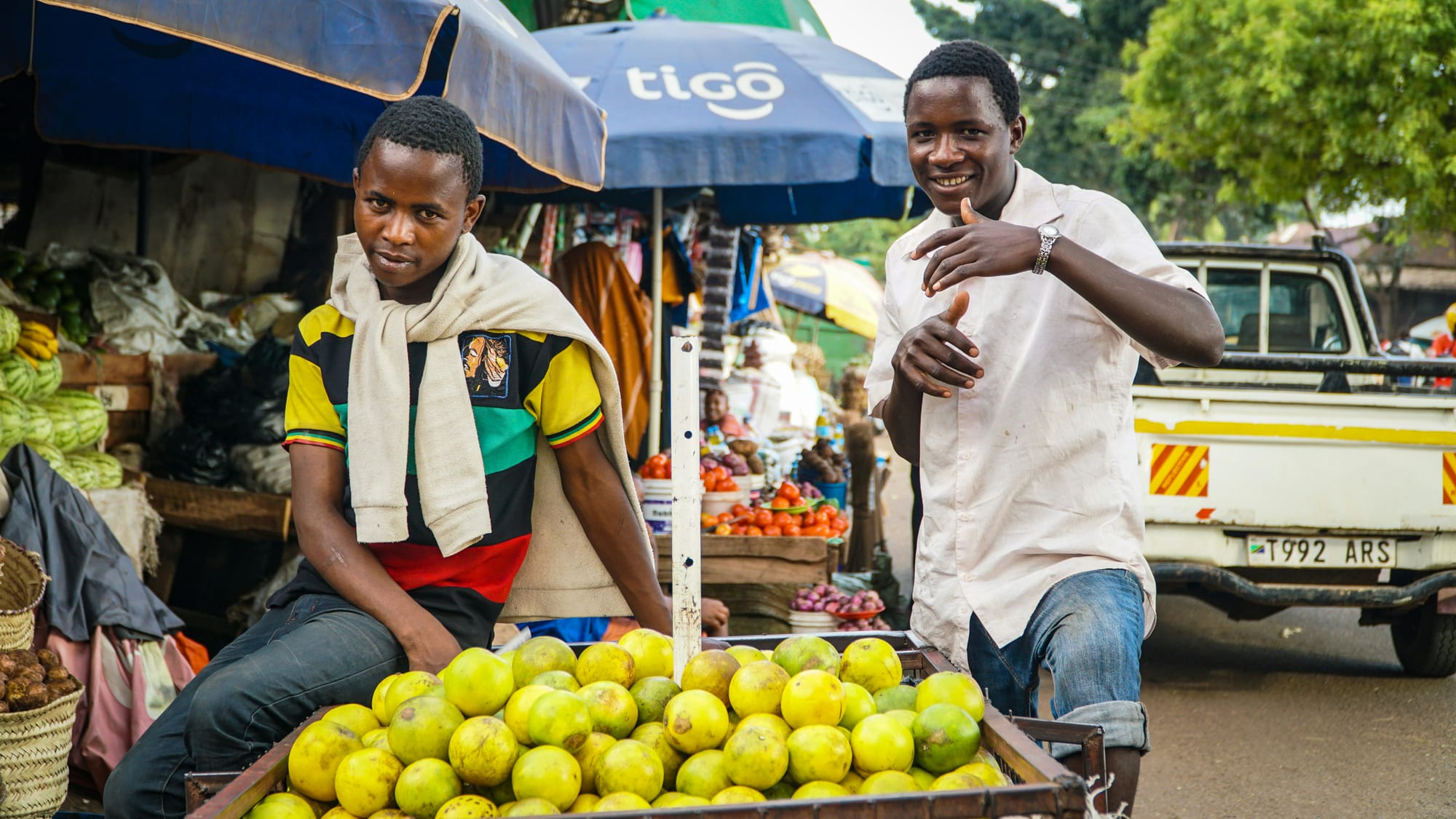
While Africa has taken significant strides toward economic unity through the African Continental Free Trade Area (AfCFTA), internal political rifts and mounting geopolitical fragmentation are threatening to derail this historic ambition. The AfCFTA, ratified by 54 countries, is envisioned as a transformative framework to enable the seamless flow of goods, services, and people across the continent. However, the path to a fully integrated African market remains fraught with longstanding and emerging challenges.
Among the obstacles hindering progress are inadequate infrastructure, institutional fragility, political volatility, and the complexities of operating with 42 different national currencies. But beyond these structural issues, a growing number of political confrontations between African states are posing new threats to continental cohesion.
A Continent Divided by Political Disputes
Several of the disputes destabilising regional cooperation stem from historical territorial disagreements or competition over natural resources. Climate change, which places increasing strain on water and land, is intensifying these disputes. Political grievances linked to separatist movements or unresolved armed conflicts further complicate matters, with national memories of perceived betrayals leaving long-lasting scars on diplomacy.
In the Horn of Africa, recent diplomatic breakdowns illustrate the volatility. Tensions flared between Sudan and Kenya after Kenyan President William Ruto hosted Sudanese RSF commander Mohamed Hamdan Dagalo (Hemedti), a rival of the Sudanese military’s General Abdel Fattah al-Burhan. Sudan responded by recalling its ambassador from Nairobi and demanding Kenya’s exclusion from peace mediation. Meanwhile, Somalia pulled its ambassador from Ethiopia following Addis Ababa’s controversial port deal with Somaliland, which Mogadishu views as a violation of its territorial sovereignty.
The Grand Ethiopian Renaissance Dam (GERD) remains another flashpoint. While Ethiopia sees the dam as vital for energy expansion, Egypt fears diminished water access for its population. Sudan, also affected, is caught in the middle. Failed negotiations have raised fears of a broader proxy conflict, especially given Egypt’s military presence in Somalia and Ethiopia’s naval ambitions in Somaliland.
In Central Africa, strained ties between the Democratic Republic of Congo (DRC) and Rwanda continue to fester. The legacy of the 1994 Rwandan genocide casts a long shadow, with Rwanda accusing the DRC of harboring genocide perpetrators. Recent flare-ups involving the M23 rebel group have reignited tensions. Congolese President Félix Tshisekedi has openly accused Rwanda of looting the DRC’s minerals and destabilising peace efforts, even comparing President Paul Kagame to Adolf Hitler.
Fractures from North to West
Northern Africa is also mired in unresolved disputes. The longstanding rivalry between Algeria and Morocco has worsened, with diplomatic relations severed in 2021 and the border remaining closed for three decades. In March 2024, Algeria deepened the rift by permitting the Rif separatist movement to open an office in Algiers, drawing condemnation from Rabat.
In West Africa, the regional bloc ECOWAS is grappling with internal discord following a wave of military coups in Mali, Burkina Faso, Guinea, and Niger. These states have formed the Alliance of Sahel States, distancing themselves from ECOWAS and committing to a new monetary union outside the CFA franc. Although ECOWAS has lifted sanctions against the junta-led countries, political mistrust lingers, undermining regional trade efforts.
One example is the standoff between Niger and Benin. Despite sanctions being lifted, Niger kept its border with Benin closed due to the presence of French troops. In retaliation, Benin blocked Niger’s oil exports at the Port of Seme. As a result, Niger halted shipments through its Chinese-financed pipeline and is now exploring alternative routes via Chad and Cameroon.

A Shifting Geopolitical Landscape
The Benin-Niger impasse reflects broader realignments on the continent. As countries reassess their international partnerships, some have pivoted towards Russia and China, while others maintain close ties with Western powers. This divergence is straining cooperation among neighbours and undermining collective efforts to strengthen intra-African trade.
Africa still relies heavily on food imports, foreign technology, and external capital to power its economic engines. As global trade becomes more bloc-oriented and investment flows increasingly favour geopolitically aligned nations, Africa risks being pulled into competing spheres of influence. If African states cluster into rival camps, the vision of a united economic area could become unattainable.
Integration Undermined by Fragmentation
Despite substantial commitments to the AfCFTA, diplomatic fractures persist across the continent. While perfect harmony isn’t necessary for trade, persistent hostilities — many rooted in decades-old grievances — are severely disrupting economic collaboration. The closure of borders and movement restrictions directly contradict AfCFTA’s foundational principle: the free movement of goods and people.
If Africa is to realise its vision of economic integration, resolving these political tensions must be treated as a strategic priority. Without sustained diplomatic efforts, infrastructural investment, and mutual trust, the dream of a truly connected African market will remain elusive, undermined by the very divisions it seeks to overcome.
